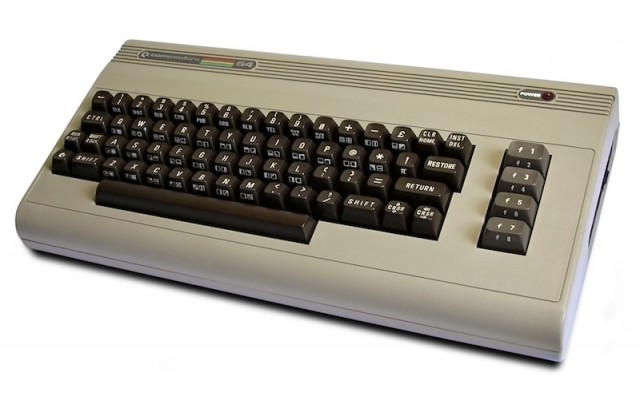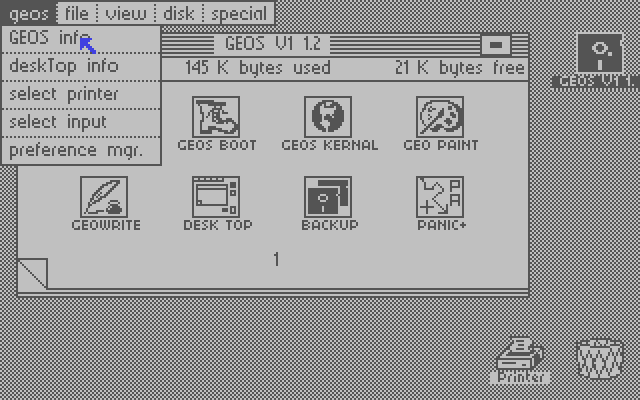
The BBC was kind enough to point out that one of the most significant early personal computers, the Commodore 64, went on sale in August 30 years ago. For many people, this machine was their introduction to personal computing, and for two members of the Ars staff, thinking about the machine brings up strong memories.
Running a BBS in real color
For me, stepping up tp the Commodore 64 from my TI-99/4A was a quantum leap forward in computing. The multimedia experience alone was worth the price of admission—incredible graphics and sound that seemed light years ahead of the market. Then there were the games. From arcade knock-offs to innovative 2-player experiences, you never got bored with the c64. Every visit to Zayer (yesteryear's Walmart) meant spending any allowance or yardwork money I'd saved up. But nothing was more exciting than sliding in a brand new 5.25" floppy disk—if you were lucky, it was an epic adventure game with multiple disks!

As great as the gaming was, it was my introduction to the magical world of modems and BBSs that changed everything. Owners of the "Hayes compatible" Commodore 1670 1200 baud modem will surely recognize the letters ATDT as the gateway to another dimension of human interaction, predating most people's awareness of the Internet. For a time, I even ran a nighttime BBS (since I couldn't tie up the family phone line during the day) using the venerable Color 64 BBS software—an expensive outlay at $50 but with real, live colors!
How good was the Commodore 64? So good that, even when the new c128 model came out, most owners never moved beyond c64 mode (though this probably speaks more to Commodore's failure to achieve any traction with software developers on the new platform). While I eventually transitioned to Commodore Amigas, and then—with the rest of the world—to Windows, Mac, and Linux, I'll never forget the pioneering days of Commodore when the world of personal computing and interconnectedness lay before me, intriguing, foreign, and impossibly engaging.
- Jason Marlin, Technical Director
Learning with user communities
When I was growing up, computers were something the other kids got. My parents made it clear that, if i wanted one, I was paying for it myself, and a morning paper route just wasn't cutting it for most of the models on the market. Then the Commodore 64 came out, substantially cheaper than any of the competition, and just barely within reach (though my parents helped out with a disk drive).
That machine introduced me to lots of cultural aspects of personal computing that are still around to this day. Like the platform wars with Apple ][ and Atari users, who were each convinced that their choices were superior. Or user communities, both at high school and college, of people who shared tips and software. And a lot of that software was pirated—I simply didn't understand how the software economy worked, or how much hard work went in to getting that software put together.
I really should have known better. I managed to teach myself enough BASIC to actually try to program a game, and it turned out to be an extremely slow and laborious process. Ultimately, a member of a user community spent the time typing in a program in machine code, copied form an early computer magazine, that ended up being the first word processor I had ever used. I was still submitting papers typed into that through college.
Then there were the games. I had played games on some of the earliest consoles, but the personal computers offered complete worlds, like the one in Elite. I wasted far too much time on them.
Amazingly, some time after heading off to graduate school, my mother managed to sell the thing in a garage sale, giving my threadbare finances a welcome boost. I actually made do without a computer at all for a few years before buying my first Mac. But I've definitely kept a soft spot for the C64. It was a great machine for its time, and it kept me happy even long past its prime.
— John Timmer, Science Editor
If you have fond memories of a C64, please share them below.

reader comments
163